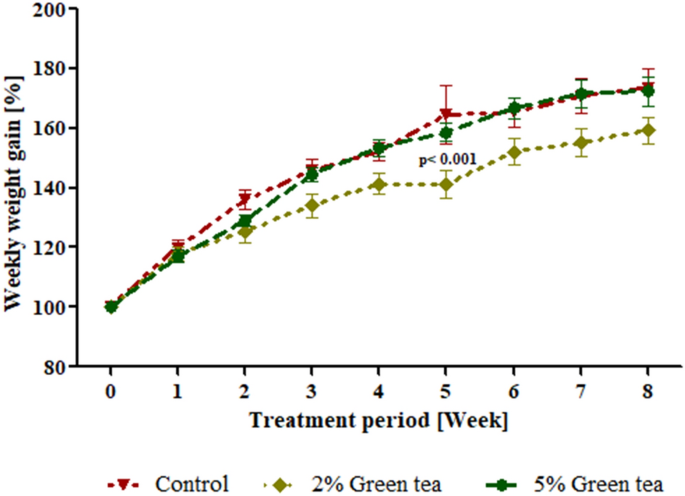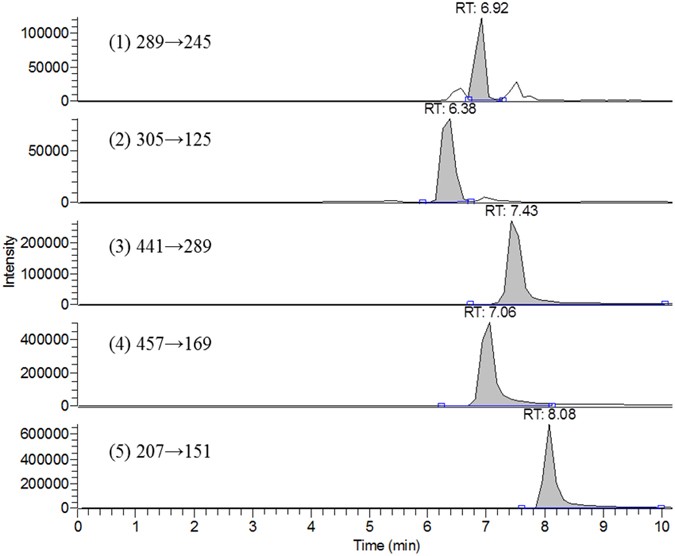Content Menu
● Understanding Green Tea Extract
● The Benefits of Green Tea for Kidney Health
● Potential Risks Associated with Green Tea Extract
● Moderation is Key
● Mechanisms Behind Green Tea's Effects on Kidneys
● Conclusion
● FAQs
>> 1. Is it safe to drink green tea every day?
>> 2. Can green tea cause kidney stones?
>> 3. What are the symptoms of kidney damage from green tea?
>> 4. How much green tea extract is too much?
>> 5. Should people with chronic kidney disease avoid green tea?
● Citations:
Green tea, derived from the leaves of *Camellia sinensis*, has gained immense popularity due to its numerous health benefits. Rich in antioxidants, particularly catechins, green tea is often lauded for its potential to improve heart health, aid in weight loss, and even enhance brain function. However, concerns have arisen regarding the impact of green tea extract on kidney health. This article explores whether green tea extract can cause damage to your kidneys, examining both the benefits and potential risks associated with its consumption.

Understanding Green Tea Extract
Green tea extract is a concentrated form of green tea that contains high levels of catechins and other beneficial compounds. It is commonly available in supplement form and is often marketed for weight loss and overall health improvement. The most significant catechin in green tea is Epigallocatechin-3-gallate (EGCG), which is thought to be responsible for many of its health benefits.
The Benefits of Green Tea for Kidney Health
Research indicates that moderate consumption of green tea can have protective effects on kidney health:
- Antioxidant Properties: The antioxidants in green tea, especially EGCG, help reduce oxidative stress, which is a significant factor in kidney damage. By neutralizing free radicals, these compounds may protect renal cells from injury.
- Prevention of Kidney Stones: Studies have shown that green tea can alter the shape of calcium oxalate crystals, making them less likely to aggregate and form stones. This suggests that moderate consumption may actually help prevent kidney stones rather than contribute to their formation.
- Chronic Kidney Disease (CKD) Management: Some studies suggest that green tea may slow the progression of CKD by improving renal function and reducing inflammation within the kidneys. For instance, a study indicated that EGCG could act as a protective agent against various kidney diseases by enhancing antioxidant defenses and reducing inflammation[1].
- Protection Against Nephrotoxicity: Research has demonstrated that green tea extract can mitigate nephrotoxicity induced by certain drugs, such as gentamicin and cyclosporine A. In animal studies, green tea extract has shown promise in reversing kidney damage caused by these substances by enhancing antioxidant status and improving tissue integrity[6][10].
Potential Risks Associated with Green Tea Extract
Despite its benefits, there are potential risks associated with excessive consumption of green tea extract:
- High Caffeine Content: Green tea contains caffeine, which can lead to dehydration and increased blood pressure if consumed in large quantities. For individuals with pre-existing kidney conditions, this can exacerbate their condition.
- Toxicity from Overconsumption: High doses of green tea extract (typically found in supplements) have been linked to liver and kidney damage in some cases. A notable concern involves the concentration of EGCG, which can be toxic at high levels. Reports indicate that some individuals have experienced acute liver injury after taking high-dose supplements[5].
- Impact on Renal Function: Research involving animal models has shown that excessive intake of green tea extract can inhibit the function of organic anion transporters (OATs), which are crucial for the elimination of certain toxins from the body. This inhibition can lead to elevated levels of harmful substances in the bloodstream and deteriorate renal function[9].
- Kidney Toxicity from Nephro-cardiovascular Toxins: Some studies suggest that high doses of green tea may inhibit the elimination of nephro-cardiovascular toxins like indoxyl sulfate (IS) and p-cresyl sulfate (PCS), potentially leading to increased serum creatinine and blood urea nitrogen levels in chronic renal failure models[9]. This raises concerns about the implications for individuals with existing kidney disease.

Moderation is Key
The consensus among health professionals is that moderate consumption of green tea—about 2 to 3 cups per day—is generally safe for most individuals and can provide health benefits without significant risks. However, those with existing kidney issues or other related health conditions should consult a healthcare provider before increasing their intake or considering supplements.
Mechanisms Behind Green Tea's Effects on Kidneys
Understanding how green tea affects kidney health involves exploring its biochemical properties:
- Antioxidant Activity: The polyphenols found in green tea, particularly EGCG, exhibit strong antioxidant properties. They scavenge free radicals and inhibit oxidative stress-induced damage to renal tissues[10]. This protective mechanism helps maintain renal integrity and function.
- Anti-inflammatory Effects: Chronic inflammation is a contributing factor to kidney disease progression. Green tea polyphenols have been shown to reduce inflammatory markers within the kidneys, thus potentially slowing disease progression[1][7].
- Improvement in Metabolic Functions: Studies indicate that green tea extract may enhance energy metabolism within renal cells. For example, it has been shown to improve glucose metabolism and reduce lipid peroxidation in nephrotoxic conditions[6][10]. This metabolic support could be beneficial for maintaining overall kidney health.

Conclusion
In conclusion, while moderate consumption of green tea can offer protective benefits for kidney health due to its antioxidant properties and ability to prevent kidney stones, excessive intake—especially through concentrated extracts—can pose significant risks. Individuals should be mindful of their consumption levels and consult healthcare providers if they have any concerns regarding their kidney health or if they are considering taking green tea supplements.

FAQs
1. Is it safe to drink green tea every day?
Yes, moderate consumption (2-3 cups per day) is generally considered safe for most people and may provide various health benefits.
2. Can green tea cause kidney stones?
No, research indicates that green tea may actually help prevent kidney stones by altering the shape of calcium oxalate crystals.
3. What are the symptoms of kidney damage from green tea?
Symptoms may include fatigue, changes in urination patterns, swelling in legs or ankles, nausea, and confusion. If you experience these symptoms after consuming high doses of green tea extract, seek medical attention.
4. How much green tea extract is too much?
High doses above 800 mg per day may pose health risks and should be avoided unless supervised by a healthcare professional.
5. Should people with chronic kidney disease avoid green tea?
Individuals with chronic kidney disease should consult a healthcare provider before consuming green tea or its extracts due to potential risks associated with caffeine and high concentrations of catechins.
Citations:
[1] https://pmc.ncbi.nlm.nih.gov/articles/PMC6370267/
[2] https://www.frontiersin.org/journals/nutrition/articles/10.3389/fnut.2022.801591/full
[3] https://www.bvmj.bu.edu.eg/issues/25-2/21.pdf
[4] https://www.healthline.com/nutrition/10-benefits-of-green-tea-extract
[5] https://www.medicalnewstoday.com/articles/269538
[6] https://pubmed.ncbi.nlm.nih.gov/19429467/
[7] https://yourkidneydietitian.com/green-tea-and-ckd-what-patients-need-to-know/
[8] https://sciendo.com/article/10.2478/intox-2019-0012
[9] https://www.nature.com/articles/srep16226
[10] https://jnephropharmacology.com/PDF/NPJ-2-21.pdf































